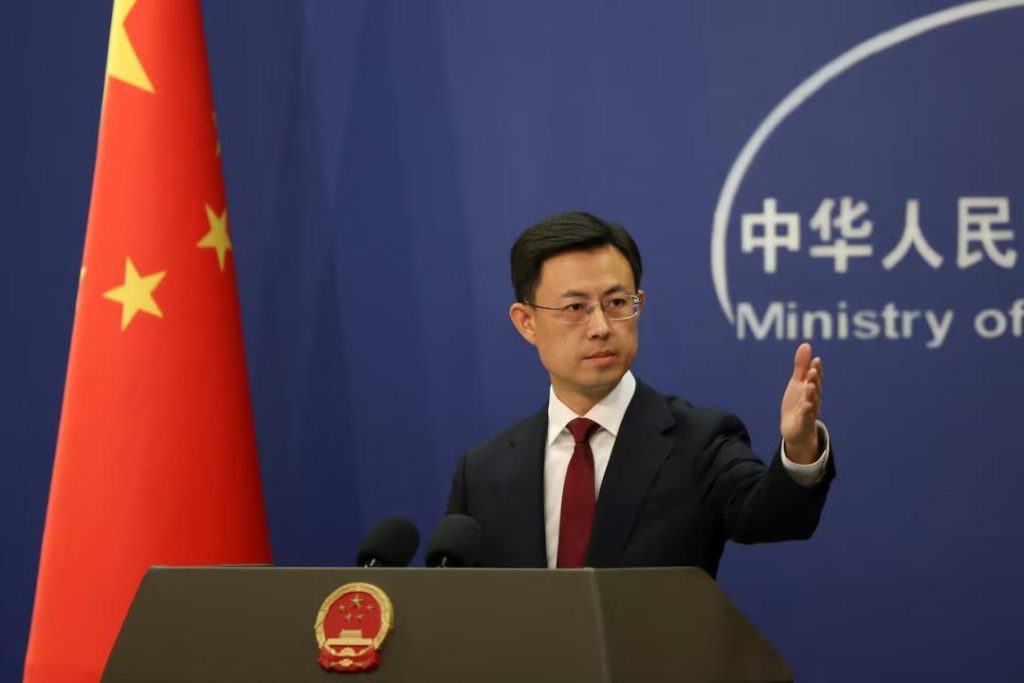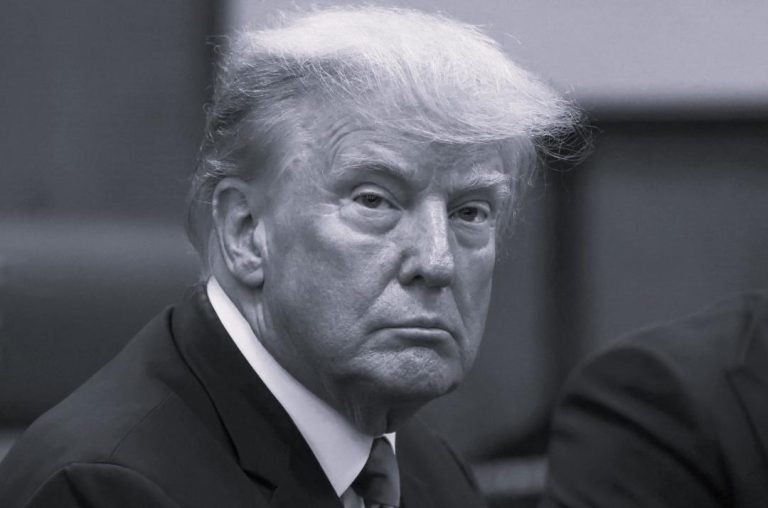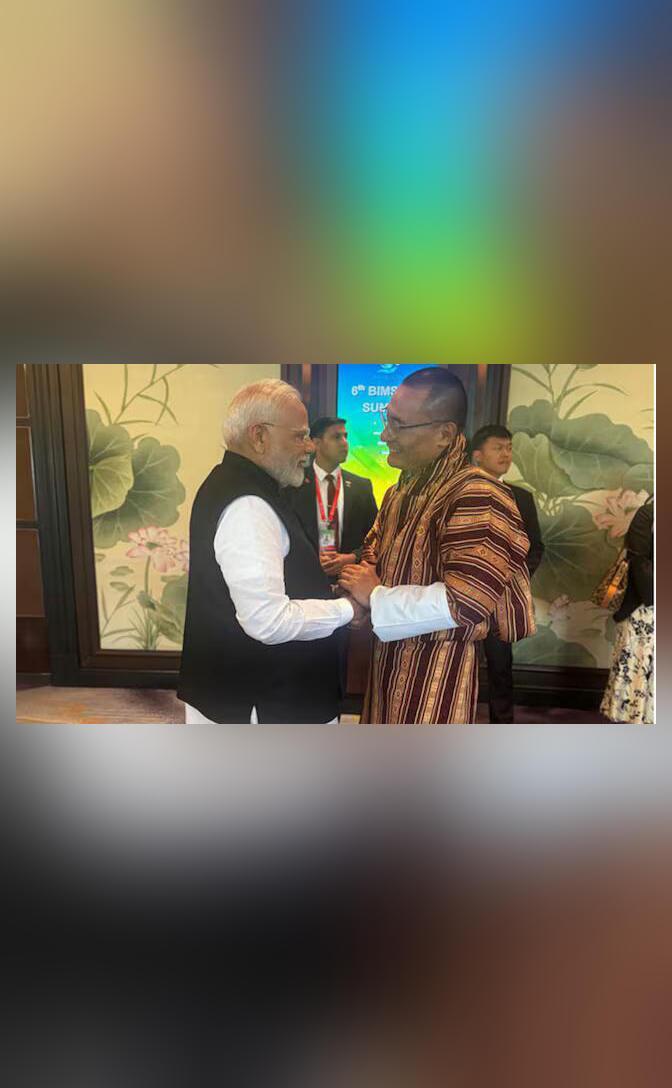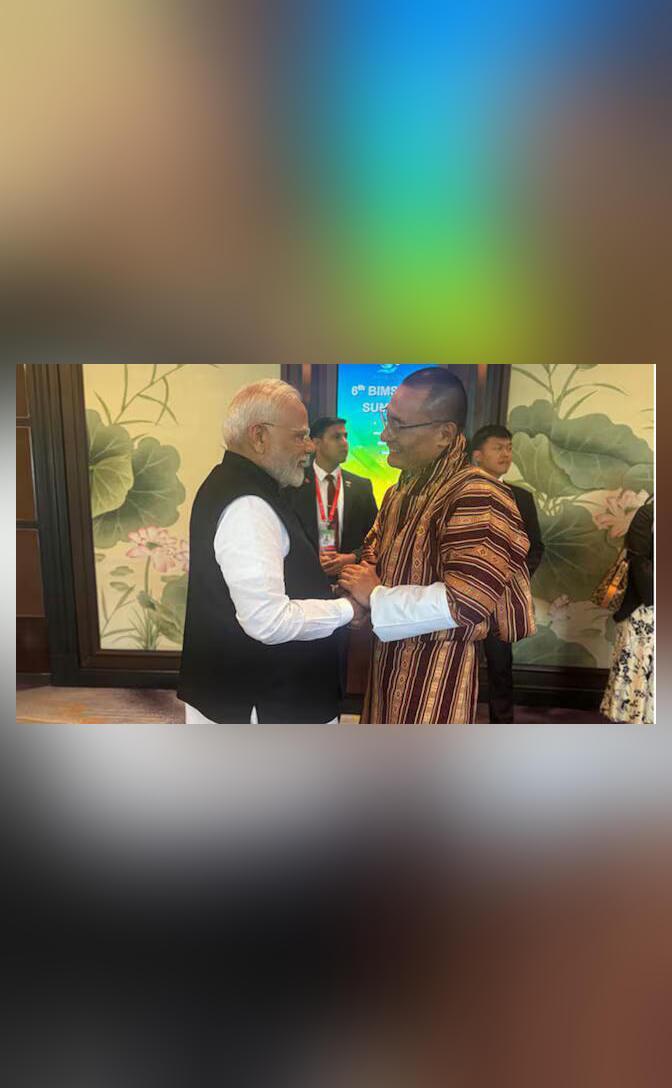
US Should Stop Thinking of Us Through Hegemonic Mentality: China
In a recent statement, China has urged the United States to stop viewing China through its own “hegemonic mentality”. This comes after the US labeled China as the top military and cyber threat. The US has been spreading the theory of China being a threat only to contain and suppress China, according to Guo Jiakun, a spokesperson of China’s foreign ministry.
This development is not surprising, given the long-standing tensions between the two global powers. The US has consistently portrayed China as a threat to its interests, citing concerns over its growing military capabilities, economic influence, and human rights record. However, China has long maintained that its rapid growth and increased global presence are a natural result of its economic development and democratization.
The Chinese government has repeatedly emphasized that its actions are driven by a desire to promote peace, stability, and cooperation in the region and globally. China has been working to strengthen its military capabilities, not to threaten its neighbors or the US, but to ensure its security and defense in the face of growing regional and global challenges.
The US, on the other hand, has been using its military presence and alliances to maintain its dominance in the region. The US has been engaging in a series of military exercises and drills, aimed at deterring China and maintaining the status quo. This has led to increased tensions and a heightened sense of insecurity in the region.
China’s call for the US to stop viewing China through its own “hegemonic mentality” is a clear indication that the Chinese government is tired of being seen as a threat. China is not seeking to challenge the US or dominate the world; it simply wants to be recognized as a legitimate and equal partner in international affairs.
The concept of “hegemonic mentality” refers to the tendency of powerful nations to view others through the lens of their own interests and values. This mentality assumes that the powerful nation is the center of the world, and that all other nations must conform to its standards and norms. This mentality is often accompanied by a sense of superiority and a willingness to impose one’s will on others.
In the case of the US and China, the US has been viewing China through its own hegemonic mentality for decades. The US has seen China as a threat to its dominance, and has been working to contain and suppress China’s growth. This has led to a series of conflicts and tensions, including the ongoing trade war and disputes over Taiwan and the South China Sea.
China’s call for the US to change its mentality is a recognition that the US’s view of China is distorted and unrealistic. China is not a threat to the US, and the US’s attempts to contain and suppress China are only serving to increase tensions and instability in the region.
In order to move forward and build a more stable and peaceful world, the US must stop viewing China through its own hegemonic mentality. The US must recognize China as a legitimate and equal partner in international affairs, and work to build a relationship based on mutual respect and cooperation.
This will require a fundamental shift in the way the US thinks about China and its role in the world. The US must recognize that China is not a threat, but rather a partner and a competitor in the global marketplace. The US must also recognize that China’s growth and development are natural and inevitable, and that the US’s attempts to contain and suppress China are only serving to increase tensions and instability in the region.
In conclusion, China’s call for the US to stop viewing China through its own “hegemonic mentality” is a clear indication that the Chinese government is tired of being seen as a threat. China is not seeking to challenge the US or dominate the world; it simply wants to be recognized as a legitimate and equal partner in international affairs. The US must recognize China as a legitimate and equal partner, and work to build a relationship based on mutual respect and cooperation. This will require a fundamental shift in the way the US thinks about China and its role in the world, and will be essential for building a more stable and peaceful world.
Source:






